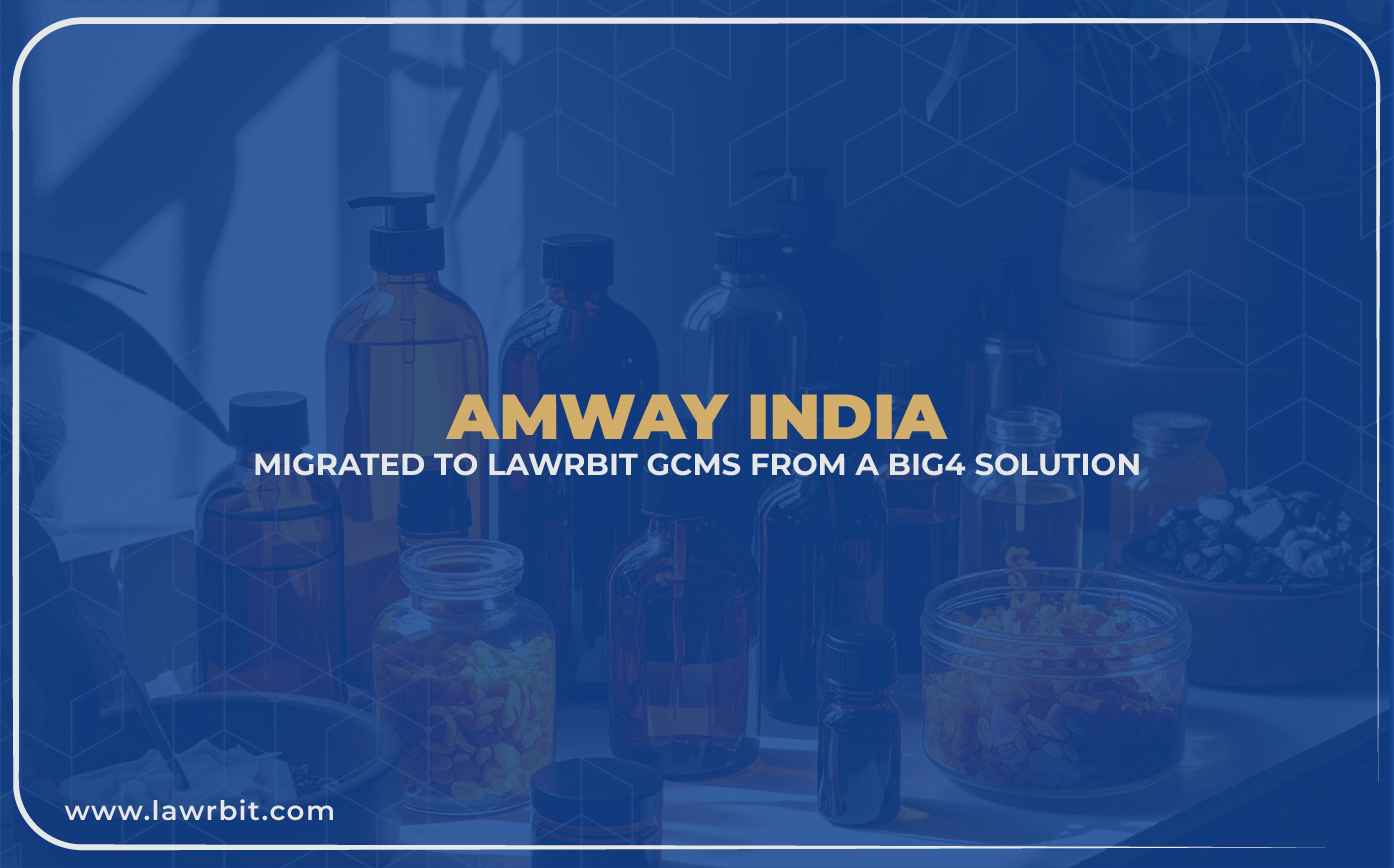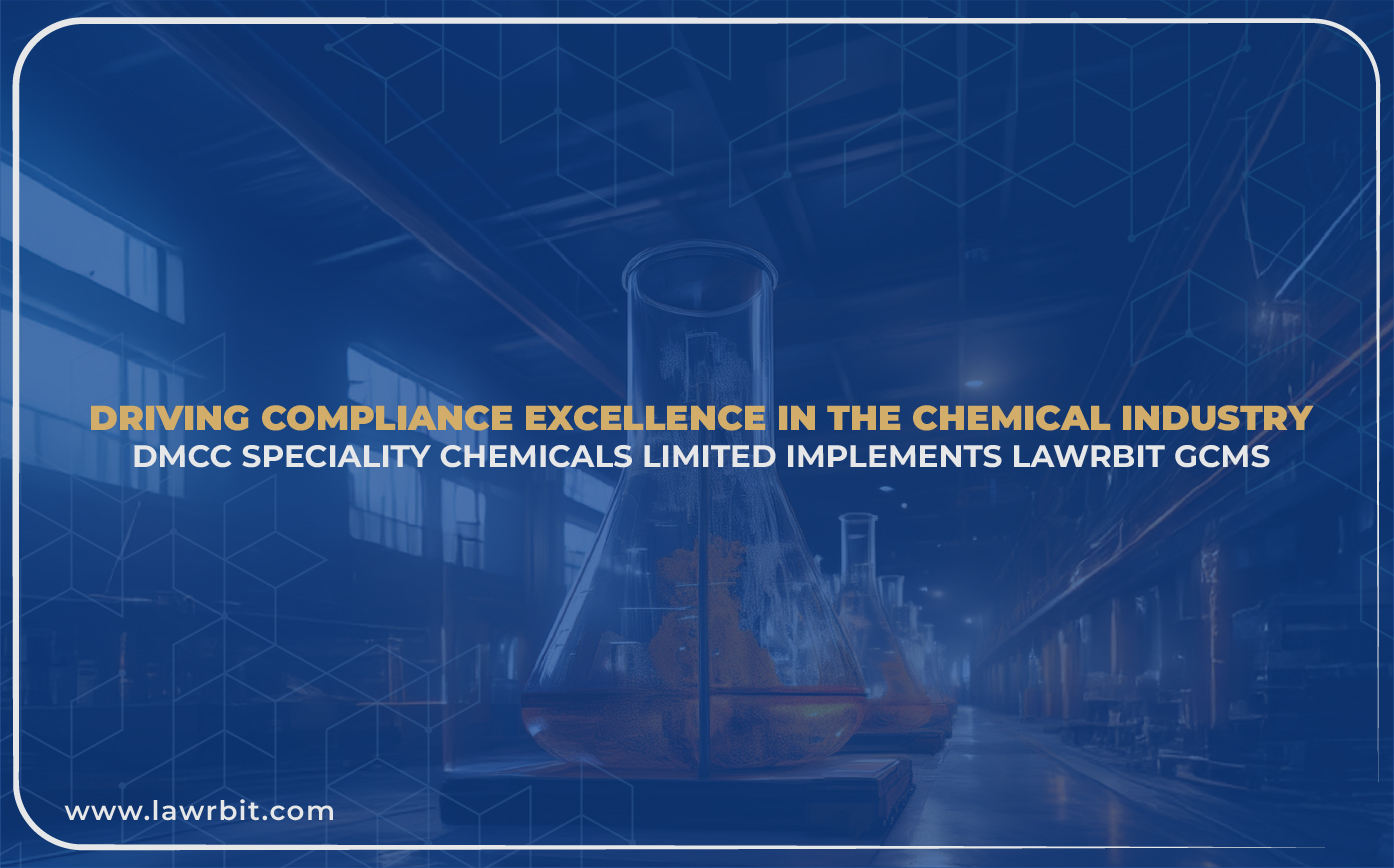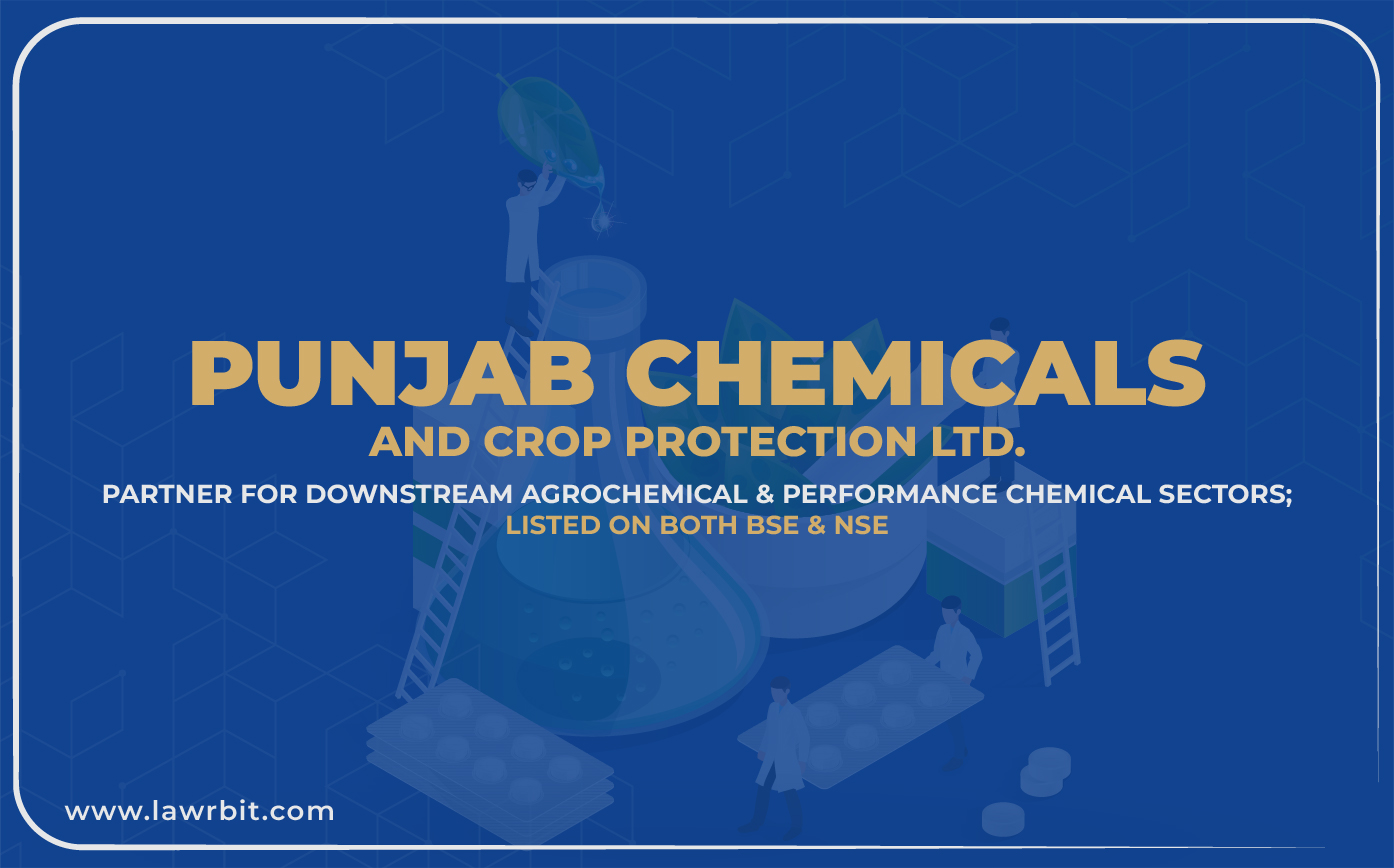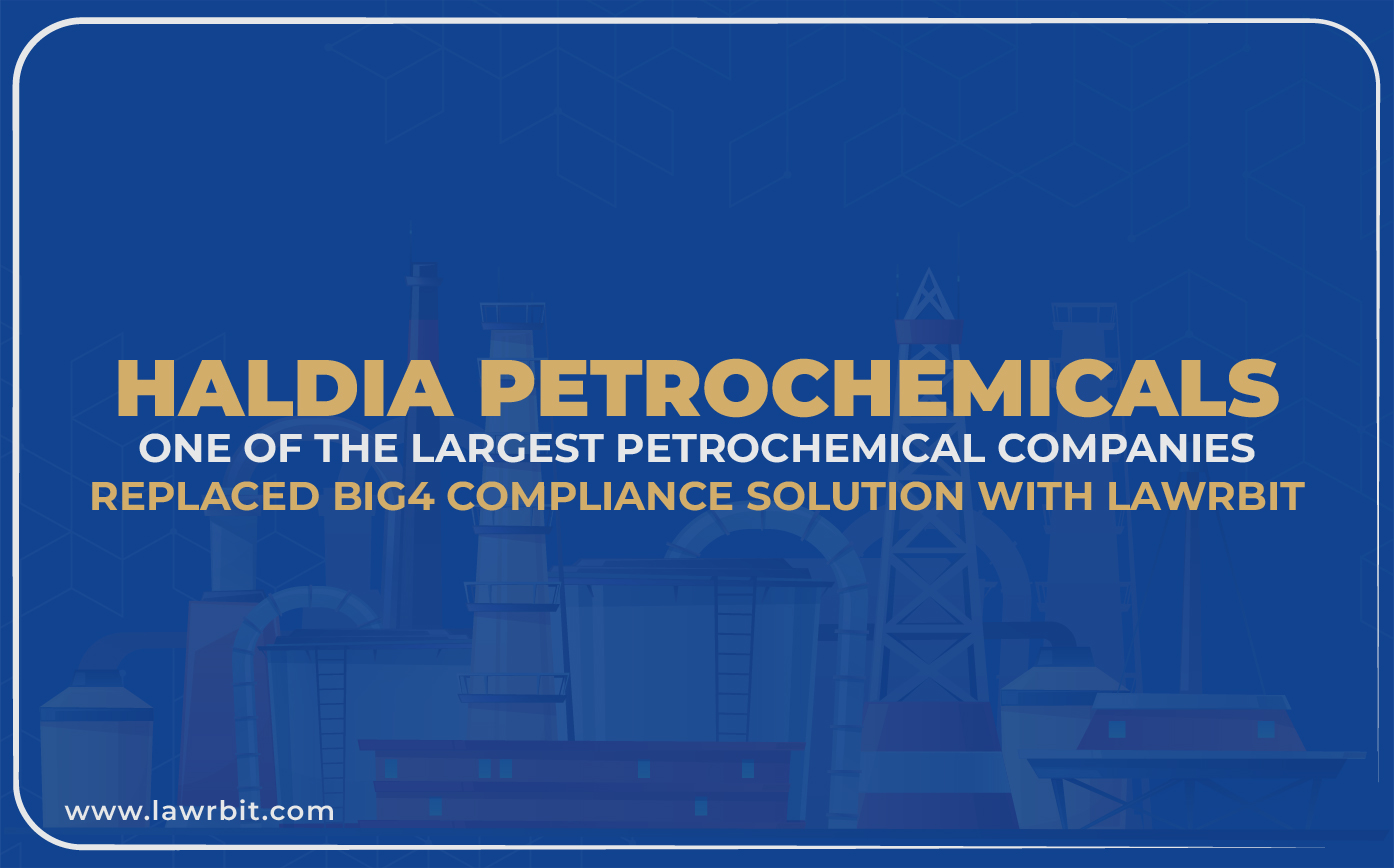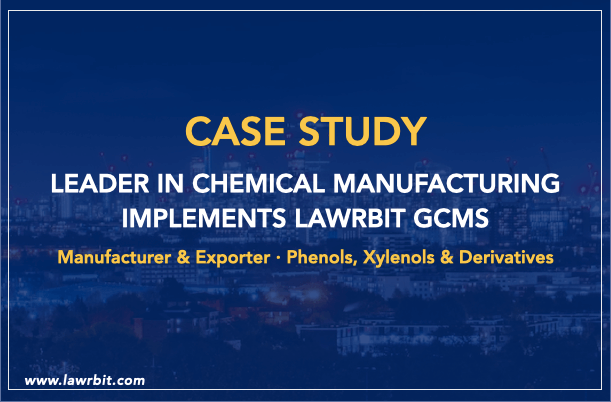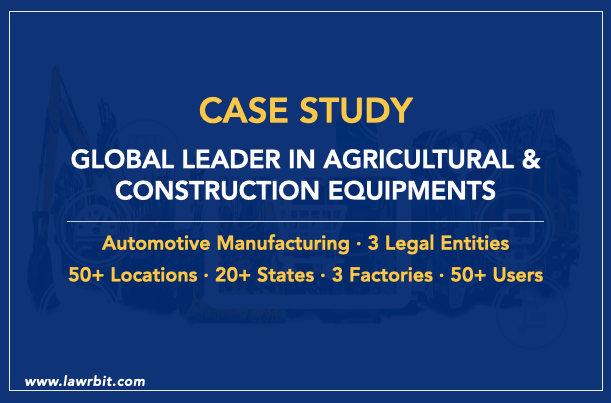Introduction
India’s toy industry is one of the key emerging sectors globally, currently valued at approximately $500 million within a thriving $90 billion global market. Despite this, nearly 80% of toys sold in India are imported from China, with unbranded Chinese products dominating 90% of the domestic market. While India exported toys worth $130 million in 2019–2020—primarily to the USA and the UK—the gap between potential and performance remains striking.
As the second-most populous nation, with nearly 26% of its population under the age of 15, India boasts one of the world’s largest consumer bases—highlighting an immense opportunity for growth in the domestic toy manufacturing sector.
Our Client’s Background
- To be the global benchmark in plastic moulding, our client is a contract manufacturer and exporter of branded toys and model hobby kits.
- They export to the US, Hong Kong and the UK, among others.
- They derive 70-80% of their revenues from the toy segment.
- Their clientele includes several leading global players from the toy industry.
- In addition, our client manufactures plastic injection, components, tooling and sub-assemblies for automotive, sports equipment, power tools, appliances, electricals, electronics, telecoms and heavy engineering.
Challenges faced by Our Client
Our client faced the challenges in being confident about complying to all environmental regulations, waste management procedures and product safety standards. Before implementing Lawrbit GCMS, both the companies of our client faced several challenges in managing their compliance through manual processes:
- Managing and monitoring multiple licenses, factory audits and managing quality standards for product and material and labeling.
- Plastic Waste Management as a producer, plastic products standards.
- Complying to collection and recycling of plastic waste as per targets set by Central Pollution Control Board. Monitoring CPCB reports mannually.
- Monitoring Air Pollution, Water Pollution, Hazardous waste as per their prescribed standards.
- Obtaining and renewal of licenses under standard business registrations, trade lisences, GST registrations, Importer-Exporter Code etc.
- High penalties for non-compliance with ESI and Factory Act provisions.
- Inconsistent record-keeping creating challanges for audit reporting.
Turning Compliance into Competitive Advantage
Lawrbit GCMS is designed to replace manual, fragmented processes with a centralized software that offers regulatory intelligence, real-time regulatory updates, task automation, and enhanced accountability.
This transformation not only improved visibility and control over compliance activities but also significantly reduced the risk of being non-compliance. The results were tangible—greater operational efficiency, reduced compliance costs, and improved audit readiness across the board.
| S. No. | SOLUTION | RESULTS |
|---|---|---|
| 1. | Ensuring Compliance Awareness | Avoided Penalties/significant fines |
| 2. | Quality Control Compliance Management | Evaded legal impacts like imprisonment and Operational risks |
| 3. | Streamlining Compliance Culture in the Organization | Reduced Administrative Burden |
| 4. | Central Repository Mechanism | Users and Management view to real time compliance status and compliance related documents |
| 5. | Automated workflows like Reminder alerts, Escalation Management, Regulatory Updates notifications | No manual reminder alerts for licenses renewals, real time reports, efficient documents management, role-based access. |
| 6. | Real time updates on the Regulatory Changes | Consistent Compliance and Regulatory Updates monitoring and mitigating compliance risks. |
GCMS Implementation Summary
| S. No. | Details of GCMS Implementation |
|---|---|
| 1. | Number of Entities: 2 |
| 2. | Number of Factories: 5 |
| 3. | Number of Locations: 7 |
| 4. | Number of Departments: 14 |
| 5. | Number of Users: 100 |
| 6. | Number of Active Compliances: 2612 |
| 7. | Number of Applicable Laws: 103 |
1. Security / Services
- Private Security Agencies Act – Karnataka
2. Infrastructure / Safety
- Fire Force Act – Karnataka
- Disaster Management Act – Karnataka
3. Transport & Logistics
- Motor Vehicles Act – Karnataka
- Customs Act
4. Healthcare Sector
- Bio-Medical Waste Management Rules – Karnataka
- Maternity Benefit Act – Karnataka (also labor law)
5. Labor & Human Rights / Social Sector
- Child and Adolescent Labour Act
- Prohibition of Smoking and Protection of Health of Non-Smokers Act Karnataka
- COTPA (Cigarettes and Other Tobacco Products Act)
6. Food & Consumer Goods
- Food Safety and Standards (Licensing and Registration of Food Businesses) Regulation – Central
7. Environmental / Waste Management
- Environment Protection Act
- Environment Impact Assessment – Central
- Plastic Waste Management Rules – Karnataka
- Solid Waste Management Rules – Karnataka
- Hazardous and Other Wastes Rules – Karnataka
- Water Pollution Act – Karnataka
- Air Pollution Act – Karnataka
- Noise Pollution Rules – Karnataka
- Bio-Medical Waste Management Rules – Karnataka
8. Corporate / Finance / Compliance
- Companies Act, 2013
- Income Tax Act
- GST Act –Karnataka
- Professional Tax Act – Karnataka
- Stamp Act – Karnataka
- SEBI (Depositories and Participants) Regulations
- RBI (Legal Entity Identifier)
- Foreign Trade Policy
- Master Direction – Export of Goods and Services
- Master Direction – Import of Goods and Services
- Master Direction – Other Remittance Facilities
- Master Direction – Foreign Investment in India
9. Manufacturing / Industrial Sector
- Factories Act – Karnataka
- Payment of Wages Act – Karnataka
- Minimum Wages Act – Karnataka
- Industrial Disputes Act – Karnataka
- Industrial Employment (Standing Orders) Act – Karnataka
- Contract LabourAct – Karnataka
- Apprentices Act
- Equal Remuneration Act
- Employment Exchanges Act – Karnataka
- LabourWelfare Fund Act – Karnataka
- Payment of Bonus Act
- Payment of Subsistence Allowance Act – Karnataka
- Industrial Establishments (National and Festival Holidays) Act – Karnataka
Conclusion
By consolidating and automating compliance tracking through a single,unified platform,our client has significantly improved operational efficiency, reduced compliance-related risks, and reinforced their overall governance structure.
They can now focus more intently on strategic objectives such as fostering innovation, upholding superior production standards, and broadening their market footprint, all while consistently meeting various regulatory demands.
Lawrbit’s comprehensive and advanced compliance strategy has become essential to their commitment to regulatory excellence, promoting enduring stability and preparing both organizations for sustained expansion within an ever-evolving regulatory environment.
DISCLAIMER
The case studies published on this website are intended for informational purposes only and reflect real-world examples of our work with various clients. While we strive to provide accurate and up-to-date content, the results and outcomes described in these case studies may vary based on specific circumstances, client needs, and other factors. Any similarities to actual companies, organizations, or situations are purely coincidental unless explicitly stated. We make no warranties, express or implied, regarding the completeness, accuracy, reliability, or suitability of the information contained in these case studies. The information is provided "as is" without guaranteeing completeness, accuracy, or timeliness. We disclaim any warranties of merchantability, fitness for a particular purpose, or non-infringement. The information provided in these case studies does not constitute professional advice. Readers are encouraged to seek professional advice tailored to their needs and circumstances.



